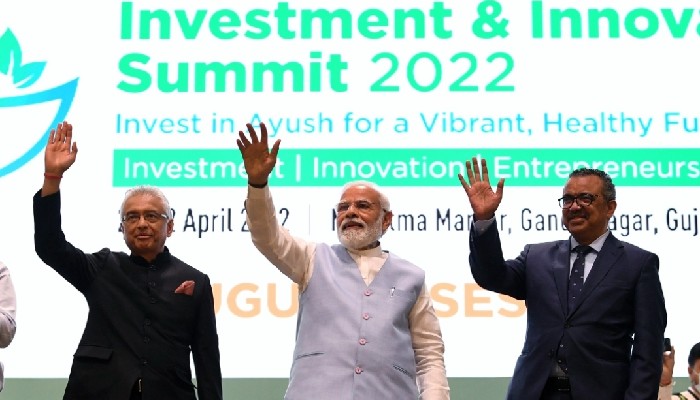While most businesses slowed during the Covid-19 lockdown, women’s Self Help Groups under SVEP generated additional income
The Start-Up Village Entrepreneurship Programme (SVEP) has made impressive progress extending business support services and capital infusion to 153 blocks of 23 states. As of August 2020, around 2,000 trained cadre of Community Resource Person-Enterprise Promotion (CRP-EP) are providing services to rural entrepreneurs and around 1 lakh entrepreneurs are supported by them.
A mid-term review of SVEP conducted by Quality Council of India in September 2019, showed that 75 percent of the enterprises were owned and managed by women and the average monthly revenue of enterprises was Rs.39,000 - Rs.47,800 in case of manufacturing, Rs.41,700 in case of services and Rs.36,000 in case of trading.
As the country fought the Covid-19 pandemic, women Self Help Groups stepped up as effective frontline responders and reached the last mile ensuring an immediate relief to the rural communities and the most vulnerable population.
As on August 14, 2020, around 318,413 SHG members were involved in the manufacturing of face masks, protective kits, and sanitizing products. Women SHG members in 29 states involved in producing around 23.07 crore face masks, 1.02 lakh liters of hand wash, and over 4.79 lakh liters of sanitizer resulting in an estimated business turnover of Rs.903 crore, said an official statement issued today.
While most of the businesses in the country were at a halt during the lockdown, these rural women made an estimated additional income of around Rs.29,000 each.
SVEP, implemented by Deendayal Antyodaya Yojana –National Rural Livelihoods Mission (DAY-NRLM), Ministry of Rural Development, focuses on providing self-employment opportunities with financial assistance and training in business management and soft skills while creating local community cadres for the promotion of enterprises.
Another principle of the SVEP is social inclusion. It was reported in the mid-term review last year that 82 percent of the sampled entrepreneurs across the blocks reported being from SC, ST, and OBC categories.
It further stated that about 57 percent of the total household income of the entrepreneurs was through SVEP enterprises.
 Contact Us
Contact Us  Subscribe Us
Subscribe Us









 Contact Us
Contact Us
 Subscribe
Subscribe
 News Letter
News Letter

